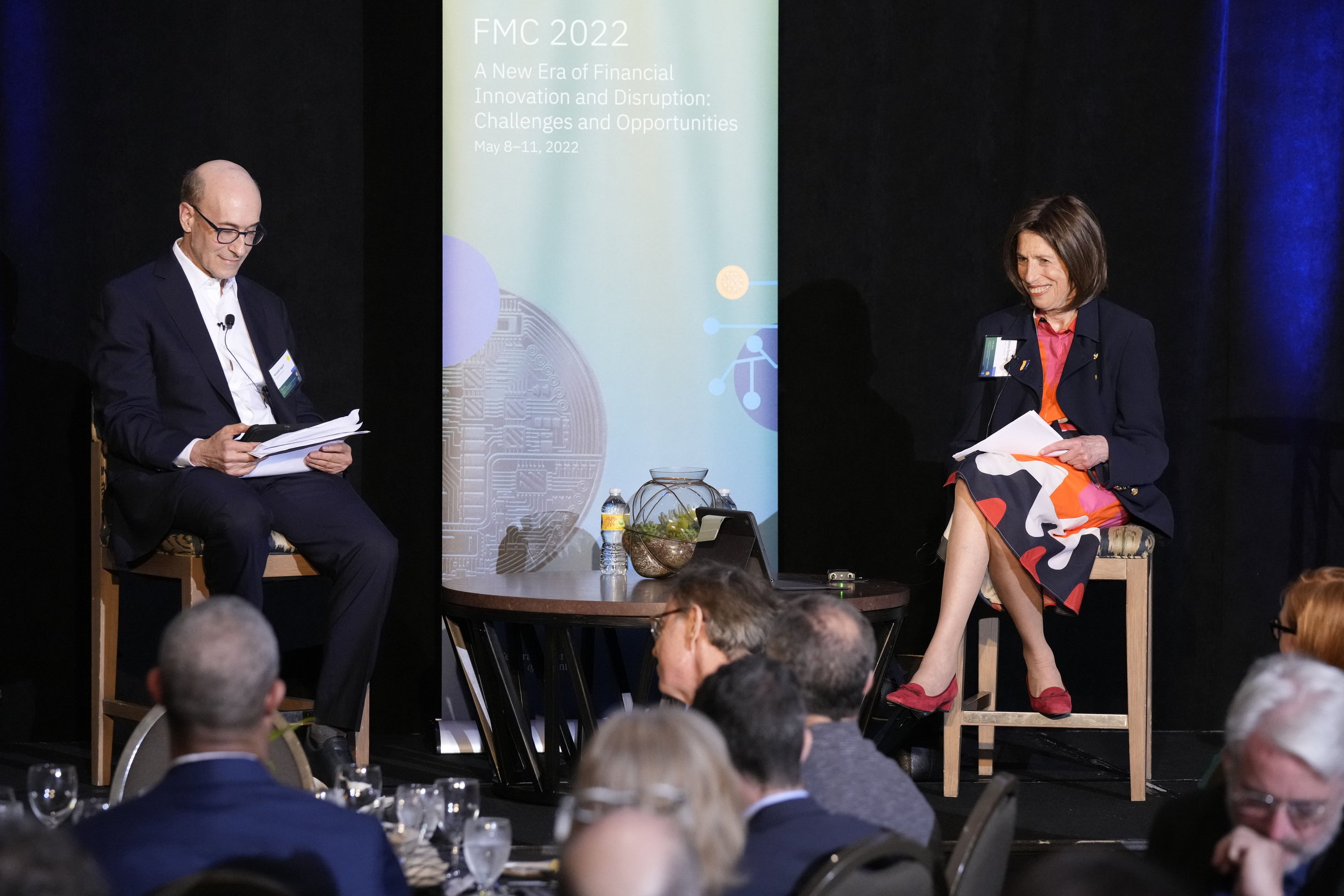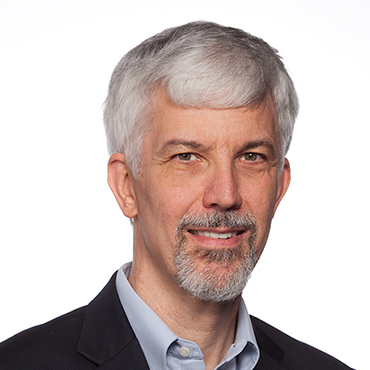One of the Atlanta Fed's outstanding research directors, Sheila Joy Lerner Tschinkel passed away on August 9, 2023. She came to the Atlanta Fed in 1984 as senior vice president and director of research under President Robert Forrestal. Sheila had a long and varied career in economics. Among her many positions before coming to Atlanta were at the open market trading desk at the New York Fed and in global asset management at Chase Manhattan Bank. After leaving the Atlanta Fed in 1996, Sheila was a US Treasury economic adviser to Bulgaria, Lithuania, Uzbekistan, and Ukraine. She later taught economics as a distinguished visiting scholar at Emory University.
While research director at the Atlanta Fed, Sheila made at least three changes to the Research Department that put her ahead of the times and endure to this day. First, she increased emphasis on rigorous, high-quality research. With a few notable exceptions, Reserve Banks in 1984 focused heavily on their own monthly or quarterly publications intended for the broad public. Although this work has been and remains an important part of the Bank's mission, producing work intended to influence peers in the profession is also important, as it provides a sounder basis for policy making. The institutional support for this sort of research is also important for attracting economists whose rigorous approach to policy issues allows them to provide more in-depth analysis and advice to policy makers. Sheila took over a department chiefly focused on timely analysis published in its monthly Economic Review. This focus inevitably means that many of its articles were less in-depth than would have been the case if the authors had more time. Over time, Sheila worked to reorient the department, placing a greater emphasis on working papers that addressed important economic issues in a more thoughtful and rigorous fashion. Under her successors, Atlanta's Research Department built on her emphasis of rigorous economic analysis. Moreover, several other Reserve Banks subsequently followed her lead and adopted an increased emphasis on rigorous research intended to expand the frontiers of economic analysis.
The second change was that Sheila recognized the growing importance of financial markets to the mission of the Federal Reserve and sought to develop a financial markets group. With the necessary exception of the New York Fed, the Reserve Banks' "financial" groups had been focused on banks and especially on bank merger analysis when Sheila came to the Atlanta Fed. The reason for this focus came from the Reserve Banks' responsibility to help the Federal Reserve Board evaluate bank mergers' competitive implications for local markets. Although Sheila recognized Atlanta's ongoing and essential role in assisting the Board of Governors with its merger analysis, she also realized the growing importance of financial markets as both a source of economic information and a potential source of risk to the economy at odds with the Fed's financial stability responsibilities. To this end, Sheila worked to build a group of financial economists who were interested in developments in financial markets. In this area as well, the Atlanta Fed's Research Department has continued to build on her insights, with a finance team whose interests extend well beyond traditional banking issues.
The third and, in some respects, most visible part of her legacy in the Research Department is the development of the Atlanta Fed's flagship conference, its Financial Markets Conference. Sheila led the development of the first Financial Markets Conferences in large part to call attention to the growing relevance of financial markets to Fed policy concerns. She envisioned the conference as a place for academics, practitioners, and policymakers to discuss contemporary financial market topics central to the Fed's policy interests in bank regulation, financial stability, and monetary policy. The Financial Markets Conference was loosely based on the Kansas City Fed's well-established Jackson Hole conference and the Chicago Fed's now-discontinued Bank Structure Conference. Like Jackson Hole, most of the Atlanta Fed's conference was devoted to panels focused on policy issues, and by design it was small enough to allow conversations among the attendees about policy concerns. Like the Bank Structure Conference, the first day was devoted to the presentation and discussion of academic papers. The one significant difference in the early FMC conferences is that many of the academic papers focused on issues related to the risk measurement and pricing of individual contracts, rather than dealing directly with issues discussed in the policy panels. Even though the academic papers did not directly discuss policy issues, we thought it valuable to include academics both to spark their interest in public policy questions related to over-the-counter (OTC) derivatives and their potential contributions to the question-and-answer sessions at the end of the panels.
Under Sheila's leadership, the conference organizing committee (consisting of William "Curt" Hunter, Stephen D. Smith, and me) sought speakers who could enhance the policy panel discussions' technical depth. The early conferences coincided with the explosive growth of OTC derivatives markets, and policymakers were interested in better understanding the implications of the rapidly growing markets for what were then somewhat exotic markets for interest rate swaps and currency swaps. Market participants met that interest with a strong desire to explain why their instruments did not threaten the stability of the banking system or financial markets.

Sheila Tschinkel at a Financial Markets Conference
The Financial Markets Conference continues its annual meetings dealing with various market topics of contemporary importance. As shown in the above photo, Sheila maintained a relationship with the Atlanta Fed, participating in the 2022 Financial Markets Conference and chairing a keynote talk ![]()
by Kenneth Rogoff.
The Atlanta Fed joins many others who were touched by Sheila in mourning her death and celebrating her life's work. While I have listed some of her more important contributions to the Research Department, she made many other important contributions to the department and the Atlanta Fed. We will miss Sheila Tschinkel.



